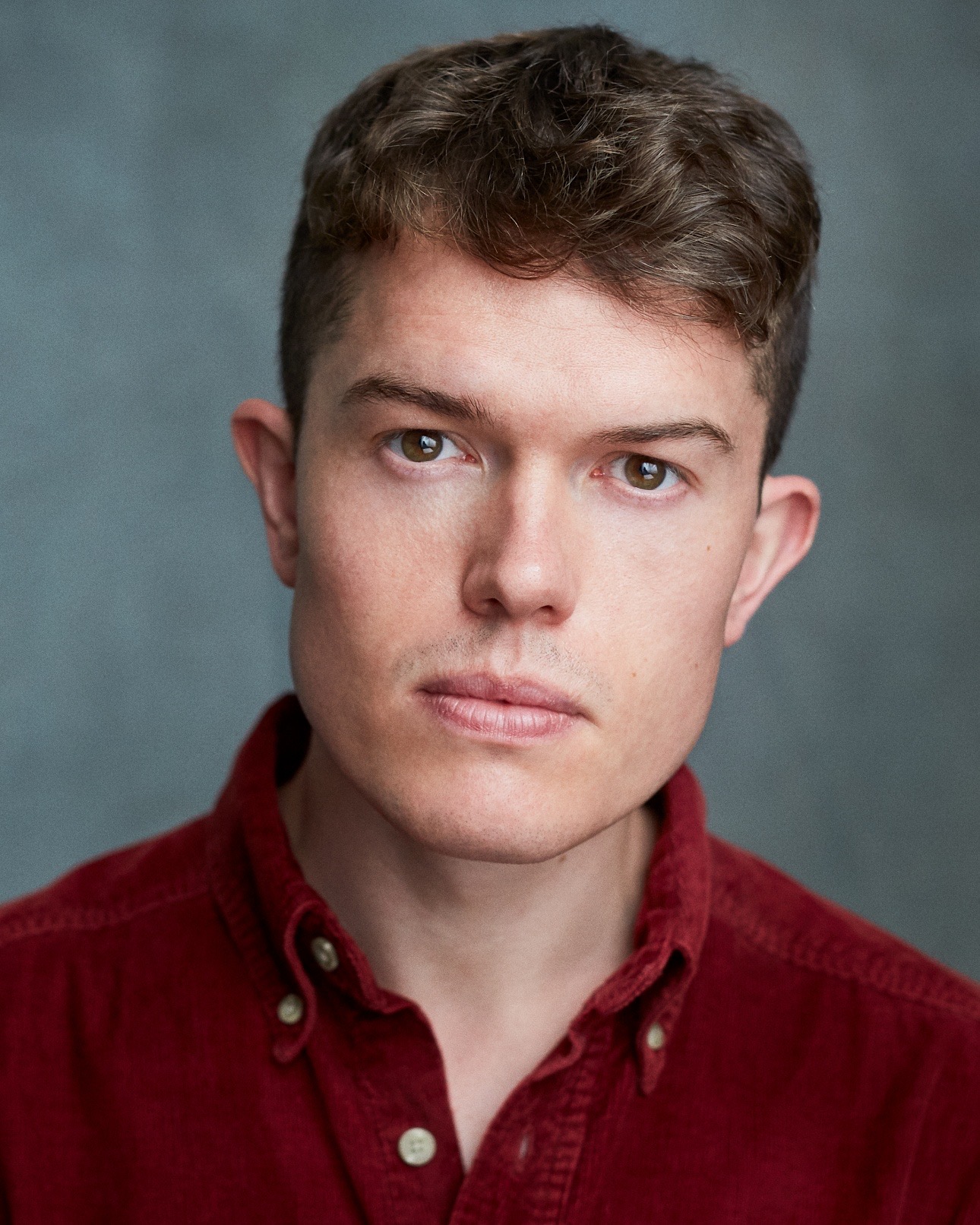The new play If. Destroyed. Still. True. by Jack Condon, which opened for previews last at The Hope Theatre, sees identity, class and cultures clash in a story that spans eight years of a friendship group.
Ahead of opening we spoke with Condon about the play, the themes he wanted to address and the conversations it may provoke.
The Understudy Q&A with Jack Condon
Hi Jack, thank you for talking to us about your new play If. Destroyed. Still. True. What can you tell us about the play?
It’s a play about identity; the people we were, and the people we become. It explores how the journeys we’re taken on in life fundamentally change us, and asks the question-‘what happens when the place you grew up can no longer be called home?’. We meet James. Charlotte and John on the brink of adulthood – James sees his two worlds collide when John, his childhood best mate meets Charlotte, his girlfriend from university. We revisit them at intervals over the next ten years and experience the fallout of that seminal day with them. It is genuinely funny too, I swear!
What can you tell us about your writing process and where the inspiration for the play came from?
I grew up in a working-class town, surrounded by so many bright characters & wicked storytellers. I don’t think these people or their stories are put on UK stages often enough, I want to address that. A conversation I had with Theo (playing James) in our final year at RADA was a catalyst in writing the play also. We both felt caught between two versions of ourselves- the person we’d always been, and the person we were becoming… I began exploring this idea and the deeper I got into it, the more the play became clear to me.
What can we expect from the production?
It’s a real eye, mind & heart opener. There are lots of laughs, but a real heartbreaking shock when the true stakes of the play reveal themselves… it sheds a stark light on the working-class experience in small towns outside of the UK’s big cities and will challenge audience’s moral & political viewpoints.
The play explores challenging themes such as mental health, social alienation and fractured communities in contemporary Britain. How do you think audiences will react?
Everyone will have their own response to the piece based on their personal life experiences. We want the the play to challenge opinions on either side of the political and class divides in this country which unfortunately feel more apparent than ever right now. I. Destroyed. Still. True. has the power to expand people’s empathy, and I think audiences will feel seen, heard and enlightened when the curtain comes down. We’re also collaborating with CALM and CARIS, two incredible mental health charities- this story is a great opportunity to open conversations about mental health in working-class communities and we’re pleased to be offering a platform for that.
How has it been working with Whitney Kehinde and Theo Ancient?
Brilliant! It’s a joy to see them bring ‘Charlotte’ & ‘James’ – characters who are so dear to me – to life with such heart & commitment. It’s a privilege to watch them working, digging deep and grappling with the difficult themes at the heart of the play.
Finally, how would you describe If. Destroyed. Still. True. to someone considering buying a ticket for the show?
It’s a real rollercoaster; sharp, laugh-out-loud funny dialogue, with a heartbreaking and universal story at it’s core which gradually surfaces as the play unfolds. It’ll spark post-show talks in the bar that’ll burn on long into the night…
If. Destroyed. Still. True, runs at The Hope Theatre in Islington from 26 April to 14 May www.thehopetheatre.com















